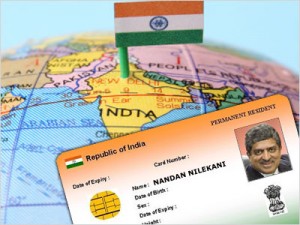 “( These) various pulls and pressures mean that when it comes to policy, the urgent wins over the important, tactic triumphs over strategy, and patronage over public good.” -Nandan Nilekani in his 2008 bookImagining India
“( These) various pulls and pressures mean that when it comes to policy, the urgent wins over the important, tactic triumphs over strategy, and patronage over public good.” -Nandan Nilekani in his 2008 bookImagining India
Nilekani had a ringside view of the workings of the government then, as a member of a few advisory panels . For the last two years, he’s been in the ring as the head of a government institution whose work has import for every Indian, mostly sheltered from those pulls and pressures. But, lately, his institution and he might be feeling it more than ever before, more so considering where the opposition is coming from: other parts of the government.
The reasons for the differences are many: territorial, civil liberties, intellectual, political and technological. Put it all together and it gives the impression that the Unique Identification Authority of India (UIDAI) – a novelty in the delivery of a government service – is under siege. From within the government. Nilekani shrugs it off as a “process of debate” natural to a project of such scale and transformational impact. “An important lesson I have learnt is that in the public space, there are a lot more stakeholders with different views,” says the UIDAI chairman.
“We have to work with them and build consensus, which is what we are doing.” But another top UIDAI official, not wanting to be identified, points to motives in the guise of differences: “It is part skepticism, part vested interests.” The significance of the UIDAI is at many levels. It is about the future of when and how 1.2 billion Indians receive unique ID (UID) numbers, called Aadhaar. This number is envisaged to become the backbone of many financial transactions, including the ongoing morphing of the government subsidy and welfare system into cash transfers.
It is also about whether bright minds in the private sector can cross over to the government and make a difference. Nilekani is as big and bright as they come. He was comfortable and wanted in